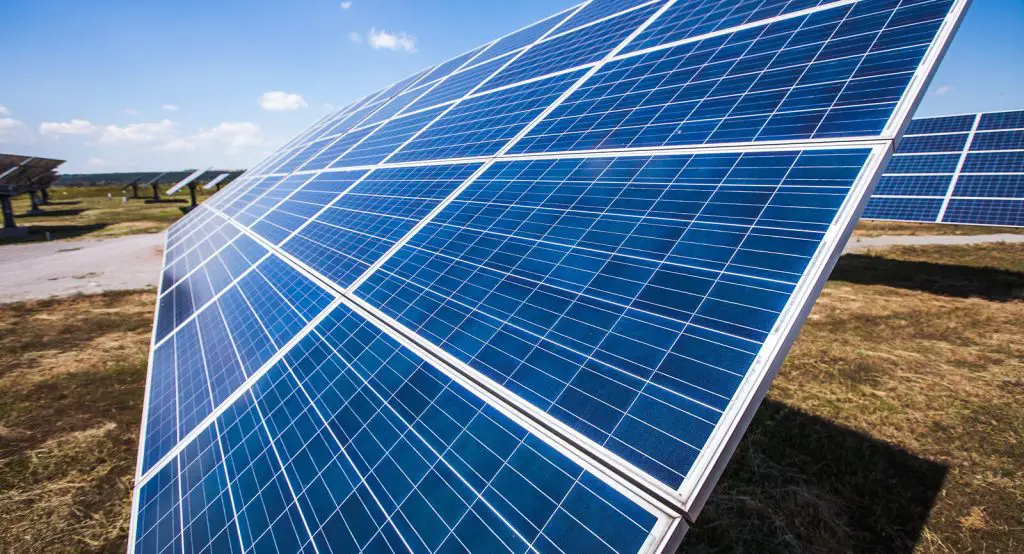According to a report by the World Economic Forum on Africa, mega-solar projects – large-scale installations capable of producing upwards of hundreds of megawatts of power – are generating much-needed electricity in countries all over the world.
In sunny Southern Africa, however, the report says, a historic lack of public-private partnerships outside of South Africa and, until recently, Zambia, to develop such projects has left much of the region’s vast solar power potential largely untapped.
But Botswana and Namibia are poised to change this trend, the report says. The two neighbouring countries will be supported by the World Economic Forum’s Global Future Council on Energy – which includes organizations such as the World Bank Group, International Finance Corporation (IFC), African Development Bank, Africa Renewable Energy Initiative, New Partnership for Africa’s Development, the International Renewable Energy Agency (IRENA), and the US government-led Power Africa initiative to realise this dream.
“This multi-phased solar procurement programme will benefit from the partners’ collective expertise in building similar programmes worldwide, as well as from supportive host governments and burgeoning markets in Southern Africa that favour secure, reliable, inexpensive solar power at scale,” the report says.
It also states that Botswana and Namibia offer the potential to capture around 10 hours of strong sunlight per day for 300 days per year and have some of the highest solar irradiance potential of any country in Africa, which translates to highly productive concentrated solar power (CSP) and photovoltaic (PV) installations.
Both countries have sizeable areas of flat, uninhabited land not currently used for productive economic activity, which is conducive to building land-intensive solar PV and CSP installations.
The report says Southern Africa may have as much as 24,000 MW of unmet demand for power by 2040.
“The market for electricity produced by the mega-solar projects in Botswana and Namibia includes 12 other countries in the region that could be connected via new and/or upgraded transmission infrastructure. As the battery storage technology advances and costs of solar storage drop below $0.10 per kilowatt-hour, solar power becomes an even more cost-competitive solution,” it says.
The report says Botswana and Namibia have strong legal and regulatory environments that will encourage investors to participate in a large-scale competitive procurement programme. It notes that both outpace other countries in Southern Africa on the Corruption Perception Index, and Botswana has the strongest credit rating in Africa; Namibia has cost-reflective electricity tariffs, allowing the utilities and developers to see the true cost of supplying electricity.
The report says a key investment challenge for power projects across sub-Saharan Africa is limited availability of foreign currency to permit repatriation of proceeds.
“Given the active diamond and mining industries in both countries, there should be sufficient foreign exchange available to facilitate outside investment,” the report says.
According to the report, members of the WEF Global Future Council on Energy continue to meet with officials from Botswana and Namibia to advance this ambitious effort. At the US-Africa Business Summit in Mozambique in June, the President of Namibia, Hage Geingob, and Botswana Minister of International Affairs, Unity Dow, met with Power Africa Coordinator Andrew Herscowitz and World Bank/IFC representatives to discuss next steps.
These meetings secured the high-level commitment necessary to start designing an African-led effort to develop mega solar in the region.
